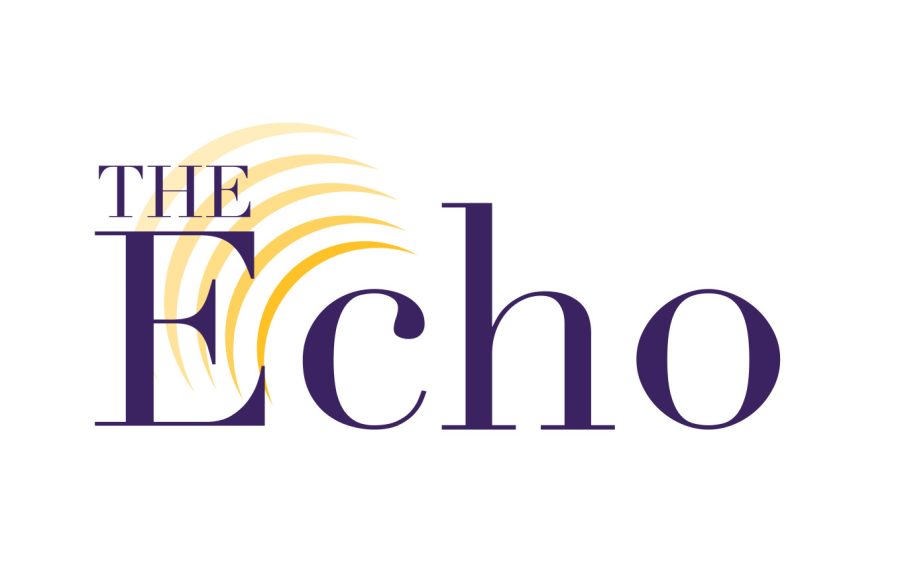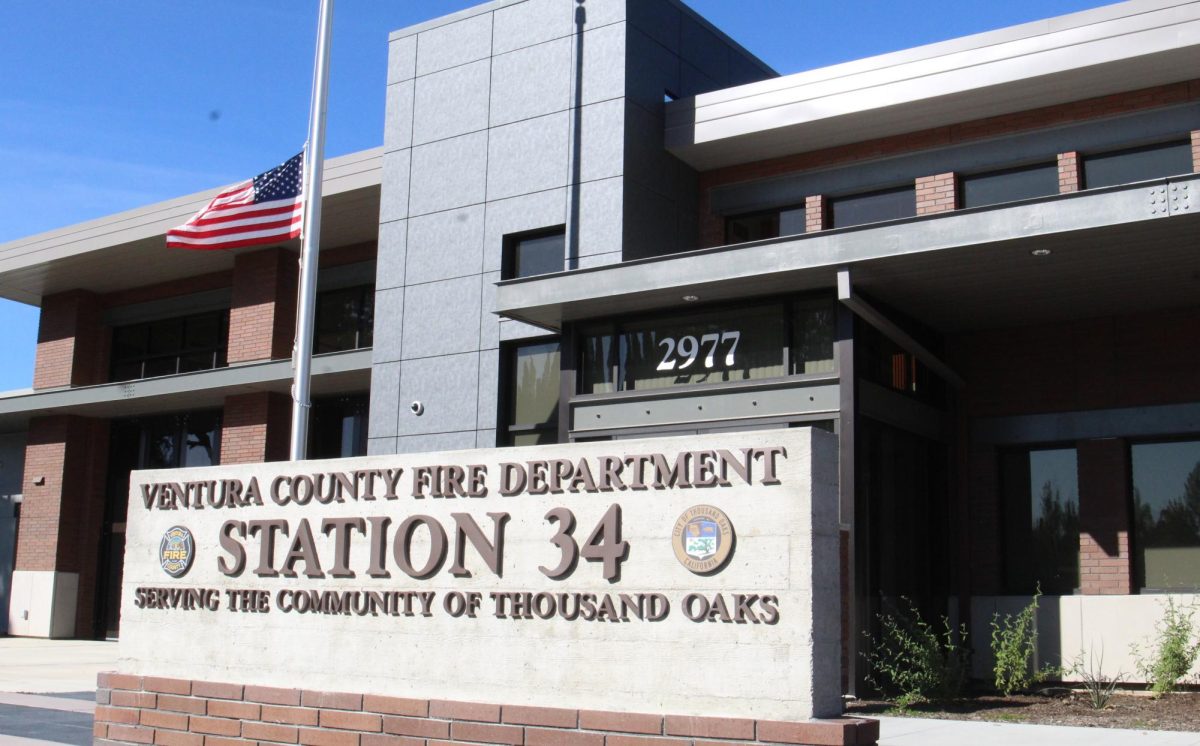The Dean of the College of Arts and Sciences Timothy Hengst said that since the pandemic, California Lutheran University has been confronting an issue of low enrollment across campus.
Olivia Patel, managing editor of the Miami Hearald said in her article “‘One of the best degrees you can get’: The humanities continue fighting low-enrollment,” humanities majors have seen a severe decline, falling by nearly a third from 2012 to 2022.
Hengst said that at Cal Lutheran, there is still a value in the humanities as it plays a significant part in a liberal arts education.
According to Higher Education Analyst Lyss Welding’s article “U.S. College Enrollment Decline: Facts and Figures,” there has been a decline in undergraduate enrollment and it has accelerated since the pandemic began. Welding said that between fall 2019 and fall 2023, there has been a loss of over 900,000 students.
“Enrollments at the university are down this year because of a lot of issues I think stemming… maybe back to the pandemic. Things have never kind of bounced back 100% to where they were,” Bryan Rasmussen, chair of the English department said.
Rasmussen also said that this issue could be because of the frustrations students had applying for financial aid through the Free Application for Federal Student Aid application last year.
“The federal government put out a new system for submitting for financial aid, which didn’t work,” Rasmussen said. “As a result, a lot of students were frustrated, I think, and sort of opted out of applying for college this year.”
However, Rasmussen said believes that this issue is hitting other private universities worse because many are having to close.
“It’s the small private schools that are struggling. We have been lucky and maybe it’s not luck,” Rasmussen said. “Maybe it’s also strong administrators and people on the enrollment side of things who have been able to keep our enrollments high despite some of the challenges that we’re facing.”
Recently, Cal Lutheran has shifted its curriculum from CORE 21 to IDEAS. Rasmussen said now, instead of taking multiple courses from different departments, students will take one course in either english, religion, literature, etc. and it will count as a humanities course.
With this change, students take fewer general education courses allowing students to focus more on the courses related to their major. Rasmussen said that lower enrollments at the university could be because of these new general education requirements.
Hengst said that the new curriculum was meant to give students more flexibility in their schedule so they could add a double major or minor.
“One of our associate deans has already done a study that in the last two years since we’ve been working towards changing over to the new ideas model,” Hengst said. “We’ve had an increase in students that are double majoring and an increase in students that are adding minors to their schedule. Which is what our objective was at the beginning.”
David Nelson, chair of the History Department, said that the low enrollment issue in the humanities division is a “multifaceted one.”
“With IDEAS, students are only required to take three courses in the humanities,” Nelson said. “With transfer credits or AP course credits, that further reduces the already reduced number of students taking humanities.”
Nelson said he has seen this issue affect history majors enrolling in upper-division courses and that it may delay the time students graduate.
Adjunct English Professor Dustin Atkinson, said that the drop in enrollment could be because humanities majors are not viewed as “safe” by the general public. Atkinson also teaches at Pierce College and Los Angeles Valley College; both schools deal with low-enrollment issues throughout a variety of majors.
Nelson and Rasmussen both said that the humanities division is still working toward a plan to help students at Cal Lutheran be more involved in these courses. Rasmussen also said they are trying to evolve the curriculum to make it more attractive for students.
“We are considering new courses that may appeal to non-majors, and hope to work with other programs on campus that take an interdisciplinary approach by offering history courses that may serve as an elective for another major or minor program,” Nelson said.
Rasmussen also said that students may be forgetting the mission of Cal Lutheran and how this liberal arts education is meant to provoke curiosity and shape students’ sensibilities.
“If you evaluate a university from the perspective of expediency and efficiency, what you lose is everything. What makes a university truly great, is that it’s an institution of higher learning where we intend to expand the realm of human knowledge,” Rasmussen said.
Nelson said that the curriculum that the humanities division provides students contributes to the identity and purpose of the university.
“We as an institution would be doing our students a disservice if we do not preserve and promote a liberal arts education,” Nelson said. “We would fail in fulfilling our goal contained in our mission statement, ‘to educate leaders for a global society.’”
Correction: This article’s headline has been updated to reflect the proper title of the Humanities “Division” at Cal Lutheran, not “department.”







